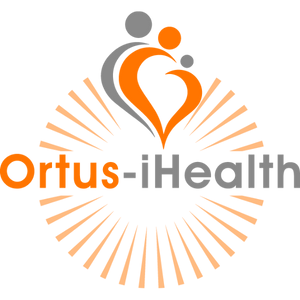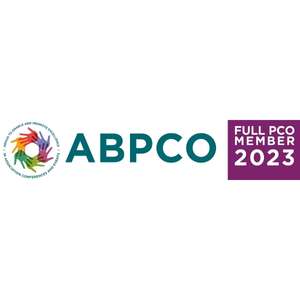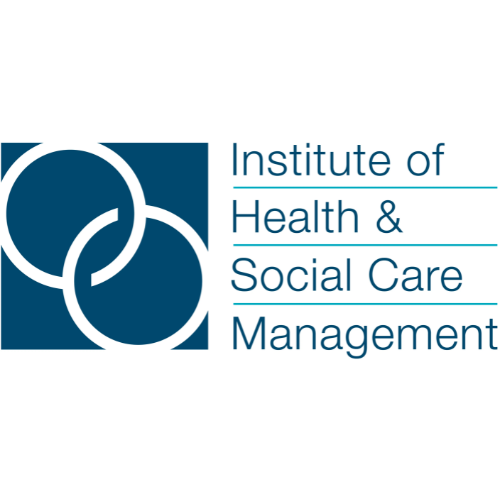The National Elective Recovery strategy outlines a 3-year plan to support the recovery of elective services following the Covid-19 Pandemic. It proposes the transformation of elective services building on the positive relationships, innovation and learning developed during the pandemic period. The 4 key delivery areas detailed in the National Elective Recovery strategy are:
- Increasing health service capacity
- Prioritising diagnosis and treatment
- Transforming the way we provide elective care
- Providing better information and support to patients
Nationally, all NHS providers came under tremendous pressure during the Covid-19 Pandemic, including the 4 acute providers in Humber and North Yorkshire (HNY). Good progress has been made in recovering elective services and reducing long wait backlogs, in particular those patients waiting over 2 years. However, HNY still has c. 177,000* patients on the waiting list which continues to grow, of which c. 10,300* patients have been waiting over 1 year (of which approx. 50% are Non Admitted pathways) . In addition, there are c. 48,000** patients waiting for diagnostic tests of which c. 19,000** patients have been waiting over 6 weeks. Therefore, HNY has developed a more targeted and ambitious elective recovery programme to support the delivery of the National ambitions.
The four Humber and North Yorkshire Acute Trusts have come together to form a provider alliance, The Humber and North Yorkshire Collaboration of Acute Providers (CAP). All four Trusts have committed to work together in partnership with each other and with all other system providers to deliver high quality and sustainable hospital services that meet the needs of the population, focusing on harmonising ways of working to reduced unwarranted variation, exploring opportunities to deliver more sustainable services at scale, ensuring these services can meet the needs of the population and ensure the best patient experience and outcomes. The HNY Elective Recovery Programme sits within the CAP and delivers Elective Recovery through 5 Core Elective Programmes and 4 Supporting Programmes.
The programme has a strong focus on sustainable innovation that is delivered through an integrated system. Our focus for 2022-23 is too reduce the 78 week elective backlog by March 2023 through:
- Developing an Mutual aid coordination centre
- Further expansion of Patient initiated Follow ups
- Launching the Orthopaedic High Volume Low complexity surgical Hub
- Embracing Digital innovation to support waiting list validation
- Standardised training programmes and a single HNY Access policy
- Developing our HNY Planned Care Strategy 2023-25
*Published validated data taken at July 2022
*Published validated data taken at August 2022
NHS Lanarkshire launched “Elsie”, its new digital Perioperative assessment platform, in 2022. Elsie was designed to replace the previous resource-heavy “paper-based” system, which required every patient, no matter their fitness for surgery, to attend a hospital appointment to answer questions with a nurse.
As part of Elsie’s rollout, while preparing for their surgery, pre-operative assessment patients are now guided and educated through a pre-operative care pathway via a mobile App. The process helps hospitals to identify patients that don't need to come to hospital, reducing clinical time required per patient and increasing the workforce efficiency. This supports the effort to make surgery waiting list management more efficient by automating patient communication and also providing wellbeing data collection and monitoring during the patient journey, with the added benefits of helping towards Net Zero.
With the digital pre-operative assessment process:
- Most patients complete the pre-operative assessment form from home.
- The new process helped NHS Lanarkshire create an efficient triage process to identify patients that don’t need to come to hospital, reducing clinical time required per patient.
- Surgery waiting list management has become more efficient as patient communication is automated and well-being data is collected through forms and questionnaires during the wait.
- Care teams can work more flexibly and access the pre-operative assessment data from any location.
- With the patients' submitted and viewed data, care teams can quickly and easily identify fit patients, ready for surgery, with short notice to fill canceled surgery slots.
The NHS has an unprecedented number of patients awaiting elective surgery due to the effects of the COVID pandemic. Many Trusts across the country have developed new ways of dealing with their long waiting lists, I will share our innovative approach to maximising theatre efficiency, enabling us to perform multiple more cases in the same time period across many different surgical specialities.
Meeting the 78-week elective waiting time expectations by end of March 2023 is a significant challenge. NHS trusts have been reducing very long waits and improving productivity towards 2019 baseline, but providers are understandably juggling capacity to support urgent and cancer care that directly impacts on elective recovery. Therefore, should Healthcare Systems be expecting more from their elective hubs and ring-fenced elective pathways this winter?
We're pleased to be presenting a case study of a London Regional Cardiology Elective Care Transformation Project
We'll cover an elective care transformation project including the drivers, pathway re-design and automation, plus the technology supporting it and associated new SOPs and workforce practices. It's all focussed on preventing unnecessary admissions, identifying & taking action for patients at risk, and facilitating early discharge. A practical walkthrough of real world problems and solutions.
We present analysis of currently available public data regarding waiting times for routine elective orthopaedic surgery in Scotland. This includes assessment of the impact of future potential changes to surgical productivity and the potential ability to meet current Scottish Government targets for a maximum 1-year wait for surgery by September 2024.
An introduction to the findings of the Outpatients and Operating Theatres 2022 Benchmarking Project, covering key areas such as Advice & Guidance, remote consultations, patient-initiated follow-ups, theatre list start and finish timeliness, and theatre cancellations. The findings will support organisations to make evidence-based decisions and improvement plans that support elective care transformation and post COVID recovery.
A case study relating to the development, validation and clinical deployment of ePAQ-PO (electronic Personal Assessment Questionnaire-Pre-Operative). Use in pre-covid capacity building and post covid recovery of elective surgical pathways.
**5 minute Q&A included**































